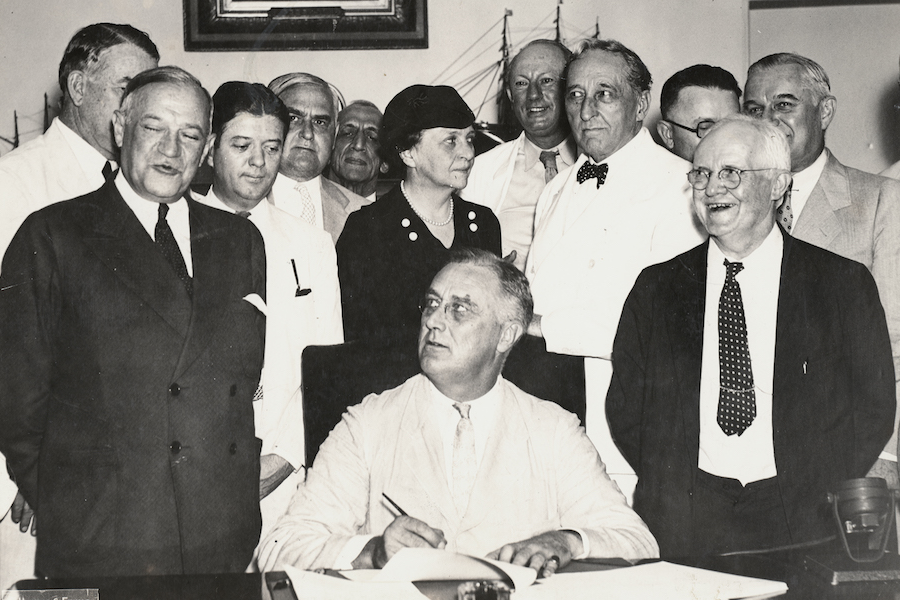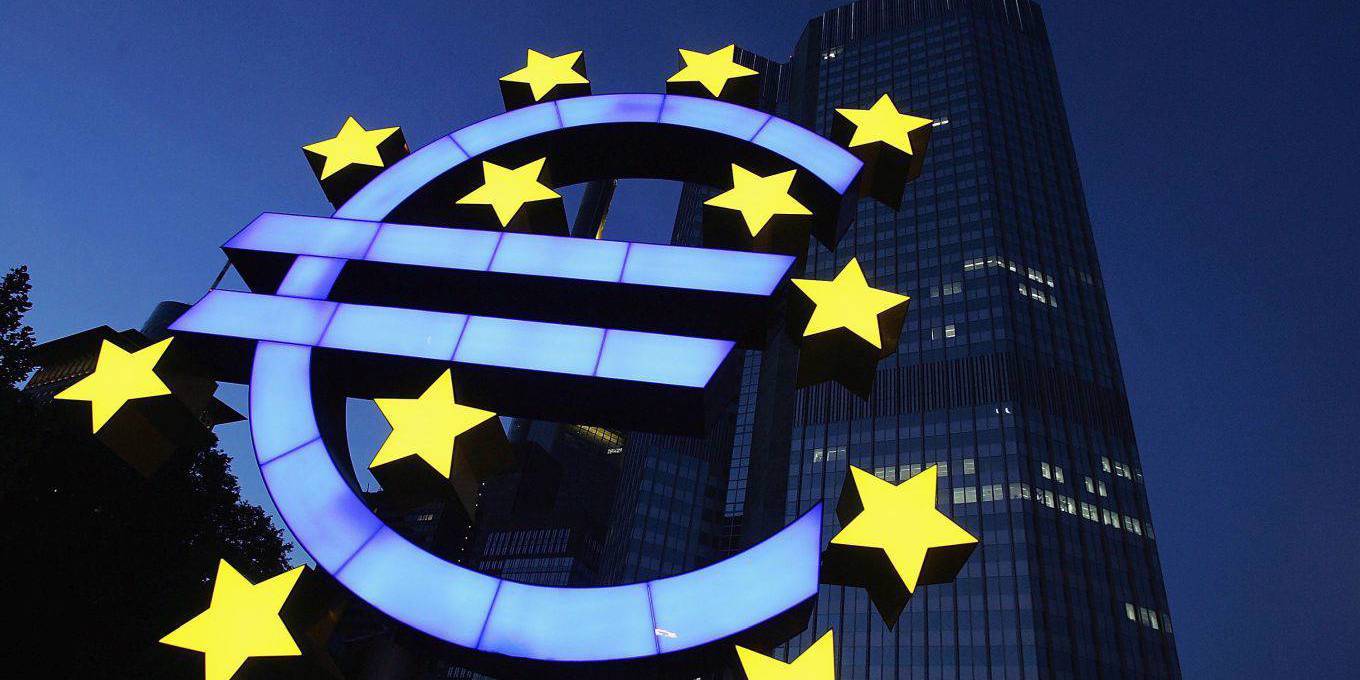Thomas Fricke is Director of New Economy Forum and Chief Economist at the European Climate Foundation. Based in Berlin, Thomas is focused on the ECF’s efforts around managing the transition to low-carbon economy.
Prior to joining the ECF in December 2013, Thomas was Chief Economist of Financial Times Deutschland, where he wrote a weekly column on the business cycle, economic policy, and international economic issues and was responsible for the economics page and comments. He started his career as a journalist at the Berlin-based Tagesspiegel and later served as economics correspondent at the weekly magazine Wirtschaftswoche in Düsseldorf and at Manager Magazin in Hamburg, where he wrote a monthly column.
In 2007, Thomas launched an Internet economics blog, WirtschaftsWunder, which he continues to run.
He was awarded the Franco-German Prize for Journalism and the Publicist’s Prize of Germany’s Keynes Society. His book “Wie viel Bank braucht der Mensch?” (“How Much Bank Do We Need?”) was published in March 2013, and it won the getAbstract International Book Award in October 2013.
Thomas studied Economics and Politics in Aachen, Germany, and in Paris, where he got a diploma at the Institut d’Etudes Politiques de Paris and at the Université Paris I – Sorbonne. Following his studies, he worked as a researcher at the Paris-based economics institute Observatoire Français des Conjonctures Économiques (OFCE).





